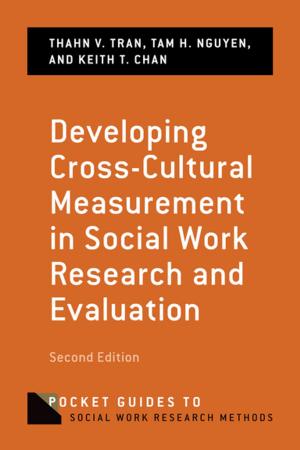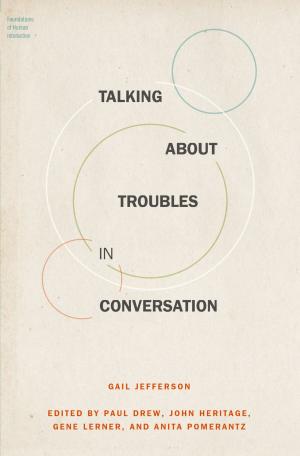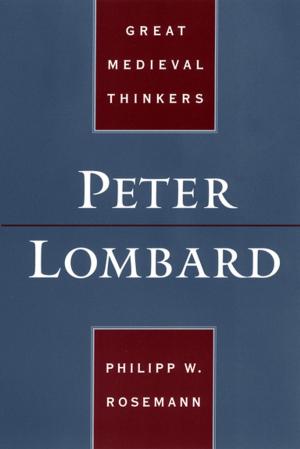Classical Traditions in Modern Fantasy
Nonfiction, Entertainment, Performing Arts, Theatre, History & Criticism, Reference & Language, Language Arts| Author: | ISBN: | 9780190661076 | |
| Publisher: | Oxford University Press | Publication: | December 26, 2016 |
| Imprint: | Oxford University Press | Language: | English |
| Author: | |
| ISBN: | 9780190661076 |
| Publisher: | Oxford University Press |
| Publication: | December 26, 2016 |
| Imprint: | Oxford University Press |
| Language: | English |
Classical Traditions in Modern Fantasy is the first collection of essays in English focusing on how fantasy draws deeply on ancient Greek and Roman mythology, philosophy, literature, history, art, and cult practice. Presenting fifteen all-new essays intended for both scholars and other readers of fantasy, this volume explores many of the most significant examples of the modern genre-including the works of H. P. Lovecraft, J. R. R. Tolkien's The Hobbit, C. S. Lewis's Chronicles of Narnia, J. K. Rowling's Harry Potter series, George R. R. Martin's Game of Thrones series, and more-in relation to important ancient texts such as Aeschylus' Oresteia, Aristotle's Poetics, Virgil's Aeneid, and Apuleius' The Golden Ass. These varied studies raise fascinating questions about genre, literary and artistic histories, and the suspension of disbelief required not only of readers of fantasy but also of students of antiquity. Ranging from harpies to hobbits, from Cyclopes to Cthulhu, and all manner of monster and myth in-between, this comparative study of Classics and fantasy reveals deep similarities between ancient and modern ways of imagining the world. Although antiquity and the present day differ in many ways, at its base, ancient literature resonates deeply with modern fantasy's image of worlds in flux and bodies in motion.
Classical Traditions in Modern Fantasy is the first collection of essays in English focusing on how fantasy draws deeply on ancient Greek and Roman mythology, philosophy, literature, history, art, and cult practice. Presenting fifteen all-new essays intended for both scholars and other readers of fantasy, this volume explores many of the most significant examples of the modern genre-including the works of H. P. Lovecraft, J. R. R. Tolkien's The Hobbit, C. S. Lewis's Chronicles of Narnia, J. K. Rowling's Harry Potter series, George R. R. Martin's Game of Thrones series, and more-in relation to important ancient texts such as Aeschylus' Oresteia, Aristotle's Poetics, Virgil's Aeneid, and Apuleius' The Golden Ass. These varied studies raise fascinating questions about genre, literary and artistic histories, and the suspension of disbelief required not only of readers of fantasy but also of students of antiquity. Ranging from harpies to hobbits, from Cyclopes to Cthulhu, and all manner of monster and myth in-between, this comparative study of Classics and fantasy reveals deep similarities between ancient and modern ways of imagining the world. Although antiquity and the present day differ in many ways, at its base, ancient literature resonates deeply with modern fantasy's image of worlds in flux and bodies in motion.















